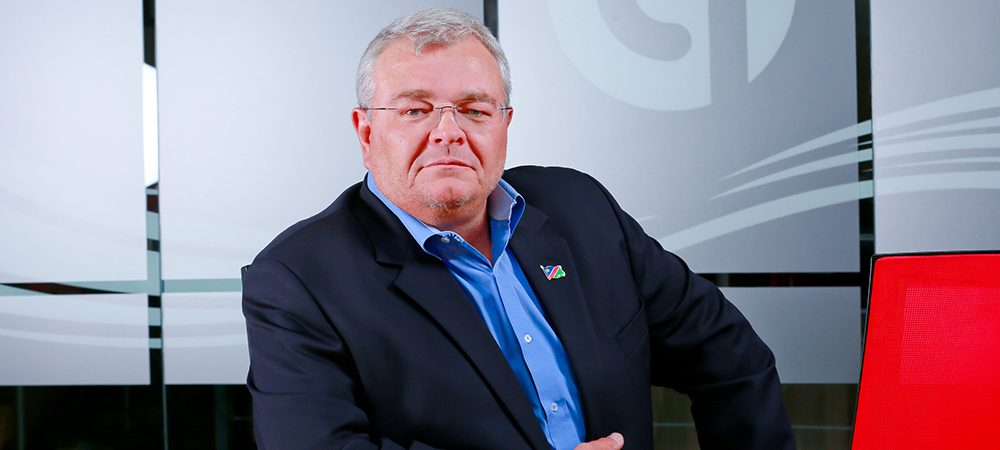Paratus Group CEO Barney Harmse has spoked about the latest outages in Namibia as a result of maintenance on the WACS undersea cable in Swakopmund. He was transparent about the impact on and extent of the network and the technical expertise of the Paratus team across the African operations.
“We remain cognisant that Paratus is not only a local operator, but an operator on a pan-African scale,” said Harmse.
“It is therefore prudent to mention that if we did not have a future investment goal for the network across Africa, as we have been doing, this maintenance would have had a crippling effect on Namibia, its businesses and the economy as a whole.”
He clarified that the redundant routes available on the network alleviated the flow of traffic and also confirmed that a further bottleneck on these routes could have had a massive impact on the entire communications and ICT industry. The knock-on effect would have created a detrimental degradation of service to enterprises in the country.
Paratus has invested hundreds of millions of dollars in redundant routes across the continent, which has been part of the saving grace during the WACS Maintenance timeframe and that better network planning lessons were learnt during the process.
New and alternative measures have already been put in place to safeguard the network for future challenges.
“I have to praise the technical resources we have employed across our African operations and also the depth of experience they have,” said Harmse.
“Their ongoing capability to manage the network and especially the crisis-managing resilience they have displayed, has shown extraordinary ingenuity.”
Responding to the issue regarding their plans to safeguard the future of the network, Harmse explained that the network is like an Active Dynamic organism.
“Adding a new route for redundancy or new development needs to be part of a fully inclusive architectural design,” he said.
“There are various factors one has to take into consideration such as the age of the network, how the network was ‘architectured’ and how it is managed. On various fronts and concurrently with other countries, Paratus has and will continue its unconditional investment plans across the region.
“The question is not whether portions of the network will go down, which is a reality worldwide, it’s about how you react when the challenge is in front of you. We built our network accordingly, because we have a purpose and a cause to achieve.”
Harmse added that private operators play in a very distinct space and have a supporting role to play in the ICT segment across the continent.
“We cannot expect governments to do everything, irrespective of the challenges that they face, regardless of budget constraints or technical resource challenges that may present itself,” he said.
“Paratus is a private operator, we have to play an active role in supporting governments because they cannot do everything themselves. In Namibia, as one example, we manage more than 40% of the country’s GDP across various industry segments.
“We have a purpose, a goal, an objective to achieve and we do this to safeguard the network and provide our clients with a seamless network experience across Africa.”


